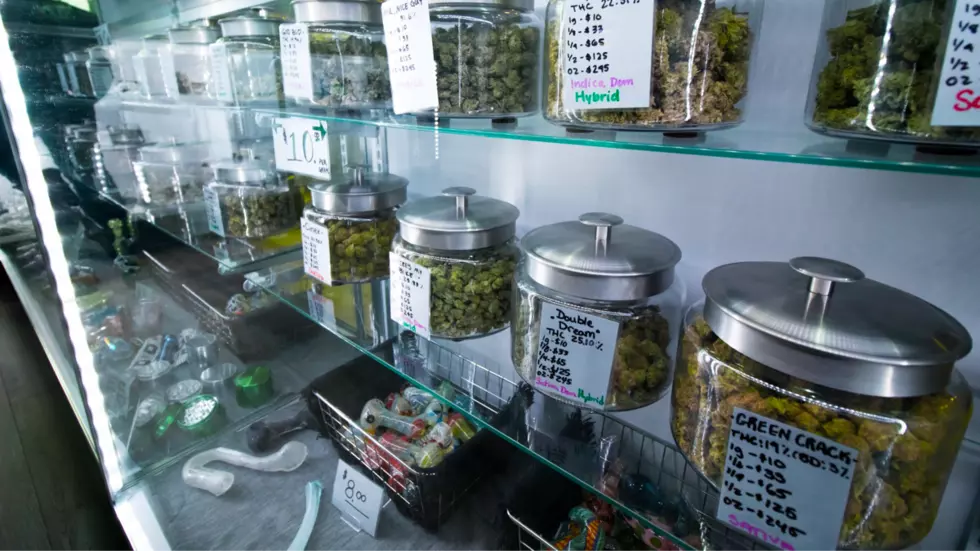
Missoula weighs new pot licensing fees, safe manufacturing, energy standards
With the legalization of recreational marijuana now in place, the City of Missoula is working to amend its licensing structure and create incentives that reward the energy-efficient cultivation and manufacturing of pot.
On Wednesday, city staff unveiled its proposed amendments to create a new business licensing category. The state has begun accepting recreational licenses from current medical marijuana providers and plans to accept applications for new marijuana business licenses next July.
“The city needs to be prepared for and aligned with this process,” said city planner Madson Matthias.
But licensing may be the easiest change to city code. The City Council will also consider a new chapter on cannabis intended to ensure that cultivation and manufacturing facilities are safe and not a nuisance to surrounding properties.
Primarily, the changes could require carbon filters that are fitted to the proper size and scale of a production facility.
“Both cultivation and manufacturing emit odors, chemicals and volatile organize compounds,” said Matthias. “That negatively impacts air quality. Air filtration and HVAC maintenance is critical.”
Last year, the City Council declined a recommendation from the Consolidated Planning Board to regulate the energy-intensive production of marijuana from the start. At the time, the city said it would address the issue down the road once it amended its zoning laws around dispensaries and production facilities.
A 2012 study on the carbon footprint of indoor cannabis production estimated that cultivation consumed as much as 1% of all electricity in the U.S. at that time. The number of grow operations has increased since then, and some are likely to operate in Missoula.
City planner Spencer Stark said Montana law permits a city to implement energy conservation standards that are stricter than state standards, so long as they are voluntary and the incentives are encouraged and not required.
The city is now weighing a number of incentives that could include relief on requirements over canopy areas, amended zoning or a reduction in the cannabis cultivation fee.
“We could waive a portion or all of that fee for those who participate,” said Stark. “We're guessing the cannabis fee would have to be significant to be a proper motivator to get individuals to participate.”
While the incentives are currently something to consider, some council members fear they may soften new zoning adopted last year to ensure pot dispensaries didn't saturate certain neighborhoods.
Regulations over canopy requirements were also adopted to ensure dispensaries didn't close off windows and detract from an otherwise vibrant streetfront.
Offering those new regulations up as incentives may be a step in the wrong direction, council member Heidi West suggested.
“There was a lot of intentionality behind what's allowed and where to maintain diversity of businesses within more urban areas,” West said. “There's a lot of reasons why things are the way they are. Having zoning itself being part of the incentive isn't a great path forward. But I like the idea of the cultivation fee.”
Stark said there are no best practices to follow, and the city will have to invent its own wheel – one that best fits the community.
“Cannabis is federally controlled and so there's not a federal agency that's establishing best practices,” Stark said. “A lot of these amendments are to help bridge that gap.”
